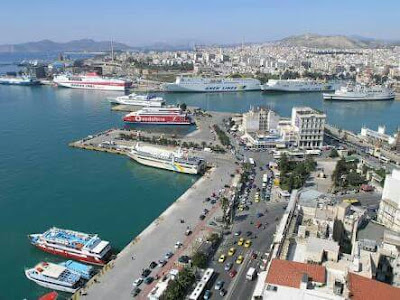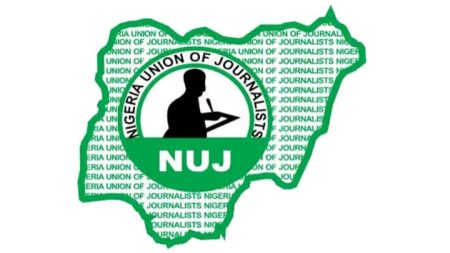Modern Global economic integration creates a platform that recognizes individuals, sovereign nations, subsidiary States and giant conglomerates of multinational status as EQUAL ACTORS. It is by this, that Cross River, as a subsidiary of Nigeria is qualified to go into international economic/commercial relations in areas of her comparative advantage like the exports of cocoa, cassava and industrial starch. As I have said earlier, there is no society along the maritime-line that has ever been poor, in history. Therefore, Cross River takes an exception to any of such outlier positions to this reality.
By volume of cocoa production, Ivory Coast is leading the world at the average of 1.65million metric tonnes of cocoa beans every year that is used in the manufacturing of chocolate which amounts to 33% of cocoa produced in the world. This is followed by Indonesia, Ghana and Nigeria. In Nigeria, Cross River produces the average of four hundred thousand metric tonnes(400,000) of cocoa, yearly which accounts for about 60% of the total cocoa produced in the country, followed by Ondo State.
It will be important to note that most of the Ivory Coast Cocoa farms are situated close to the Abidjan Seaport with 11.6m draught which makes it possible for shipments of cocoa out of the port by mother vessels to be made. This is the major reason why Ivory Coast is leading because she easily meets with the growing demand of cocoa in the world which is being supplied at the global market with ease.
The reason why the above analysis is necessary is because, the only way of translating these volumes of cocoa productions and other cash crops into economic reality that will be meaningful to the state, is to look for a functional maritime export channel with proximity advantage to these farms. Given that Ikom, as the major producer of cocoa in the state is less than 4 hours from Bakassi, the construction of the Bakassi Deep Seaport becomes an urgent necessity. Once the state production in cocoa has an appreciative export value, the volume of cocoa production will automatically double within the shortest space of time because, motivations in cocoa farming will, naturally, be elicited.
While Abidjan Seaport has the draught of 11.6m, Bakassi Deep Seaport has 16m draught which means huge departures of cocoa from our shores which means MONEY, aside other multiplier outcomes. But for now since the state does not have a functional seaport, most of the cocoa produced from Ikom are pushed, individually, through Cameroun port, which diminishes the export value of our cocoa.
Moreover, Cross River is the second largest producer of cassava in the country after Ogun state, and Nigeria is the largest producer of cassava in the world. In the 2016 Budget, there is a plan for private investors to facilitate the production of industrial starch out of cassava, and if this happens with the Bakassi Deep Seaport in place, Cross River will be the largest exporter of industrial starch in the world because Ogun will either rely on Apapa Port, O’nel or Bakassi Port which are very far.
To this end, the Bakassi Deep Seaport is going to be very consequential in shaping the economic architecture of the state; from subsistent/plantation economy and civil service oriented society to an industrially viable economy of global pedestal where cross river shall occupy prime position at the front burner of global economic/commercial integration.
In my next discussion, I shall project to the public, the current state of the Bakassi Deep Seaport with specific reference to what has been done so far. Feel free to ask questions. You are the maker of government and government exists because of you. It is your right to know what is happening, as it is our obligation to provide you with such information. Do not see the government as “a Leviathan” because the social contract was signed for your convenience and comfort.
Eval Asikong is the S.A. to the Governor on Social Media


